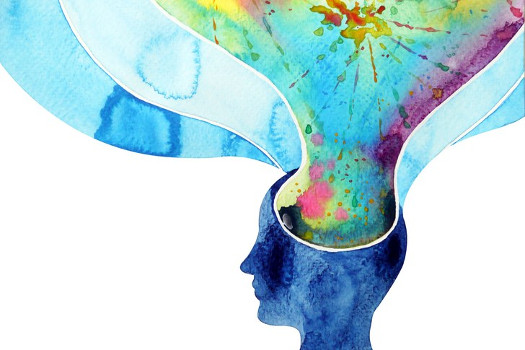MENTAL HEALTH DISORDER; A RULE OR AN EXCEPTION?
Mental health disorders are increasing day-by-day in our world. The statistics tell that 1 in 5 people are affected by mental health disorder. The critics argue that 1 in 5 people affected by mental health disorder is really high and they further state that such an increase is dangerous.
Even though the statistics say that the mental health disorders are increasing its prevalence, but the number of reported cases are less. Are text book symptoms going to determine the metal health disorder by rule? The critics are exploring this topic in more detail. How does the diagnosis of mental health disorders made? Is it by following certain rule or criteria? There are instances where the criteria rarely match with the clinical picture of the mental health disorder. But, who makes the final call, when the criteria are not matching with the diagnosis, but some symptoms point out to a specific mental health disorder. In such situations, a psychiatrist has to make the final call without making an exception by not considering the specific criteria for that mental health disorder.
On the other hand, there are enough situations where the person does not exhibit any symptoms, but the criteria for that specific mental health disorder is met successfully after performing the psychiatric evaluation. What would a psychiatrist do in such situations? Can he or she make it a rule or an exception? This decision also lies in the hand of the psychiatrist. These are reasons why critics fail to believe that the ratio of 1:5 exists or not.
How can this problem be tackled? The proper recording of the data from the psychiatric evaluation methods, medical history and also the personal history of a person can help to avoid improper diagnosis. How can you achieve this? The use of mental health practice software to feed the data helps to manage a huge volume of necessary data efficiently.
The EHR for mental health providers helps to store important data in one place and this helps in making the accurate diagnosis of many mental health disorders. The use of such interesting software such as EMR software in practice makes the workload of the doctor to diminish by more than 50%. This software is not only a modern upgrade to the paper form of medical history recording, but also an important development in forming and stating an accurate diagnosis.
Afterall it is well understood that this software helps to increase the efficacy of the doctor by reducing the need for paperwork and also by reducing the faulty diagnosis.





